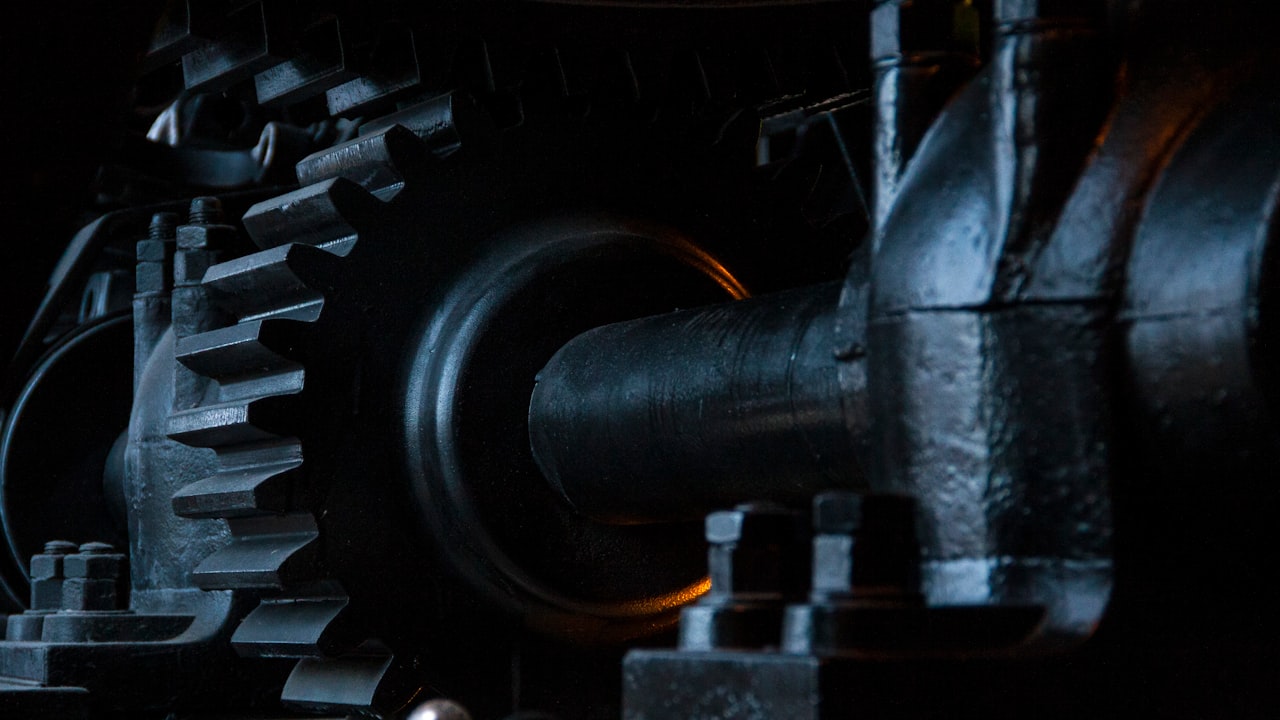Title: “The Evolution of Pharmaceutical Machinery: Enhancing Efficiency and Safety”
In the pharmaceutical industry, the evolution of machinery has played a crucial role in enhancing efficiency and safety in the production process. Two key machines that have revolutionized pharmaceutical manufacturing are the table press machine and the capsule filling machine.
The table press machine, also known as a tablet press or pill press, is a mechanical device that compresses powder into tablets of uniform size and weight. This machine is essential for mass-producing tablets in pharmaceutical manufacturing. With advancements in technology, modern table press machines can produce tablets at a high speed with precision and accuracy. The introduction of features such as automatic feeding systems and digital controls has further improved the efficiency of table press machines, reducing production time and minimizing errors.
On the other hand, the capsule filling machine is designed to fill empty capsule shells with the desired medication in powder, granule, or pellet form. This machine automates the capsule filling process, ensuring uniformity in dosage and reducing the risk of contamination. Technological advancements in capsule filling machines have led to the development of high-performance models that can fill capsules at a rapid pace while maintaining accuracy and consistency. The integration of quality control systems in modern capsule filling machines enables pharmaceutical manufacturers to meet regulatory standards and ensure product quality.
Two popular types of table press machines that are widely used in pharmaceutical manufacturing are the TDP (Tablet Press) and THDP (High-Speed Tablet Press). The TDP is a versatile machine suitable for small to medium-scale production, offering flexibility in terms of tablet size and shape. It is widely used in research and development labs as well as small-scale production facilities. On the other hand, the THDP is a high-speed tablet press capable of producing a large volume of tablets in a short amount of time. This machine is ideal for pharmaceutical companies that require high output rates to meet market demands.
In conclusion, the evolution of pharmaceutical machinery, including table press machines and capsule filling machines, has significantly improved the efficiency and safety of pharmaceutical manufacturing processes. Technological advancements in these machines have enhanced production capacity, reduced production costs, and ensured the quality and consistency of pharmaceutical products. As the pharmaceutical industry continues to evolve, further innovations in machinery are expected to drive improvements in production processes and ultimately benefit both manufacturers and consumers.

 Title: “The Revolution of Pharmaceutical Machinery: Enhancing Efficiency and Precision in Drug Manufacturing”
Title: “The Revolution of Pharmaceutical Machinery: Enhancing Efficiency and Precision in Drug Manufacturing” Title: Revolutionizing Pharmaceutical Production with Advanced Machinery
Title: Revolutionizing Pharmaceutical Production with Advanced Machinery



